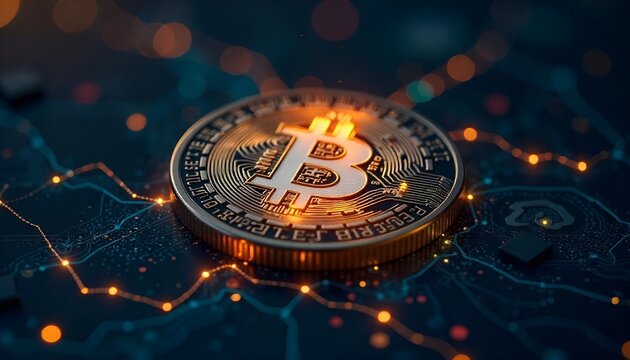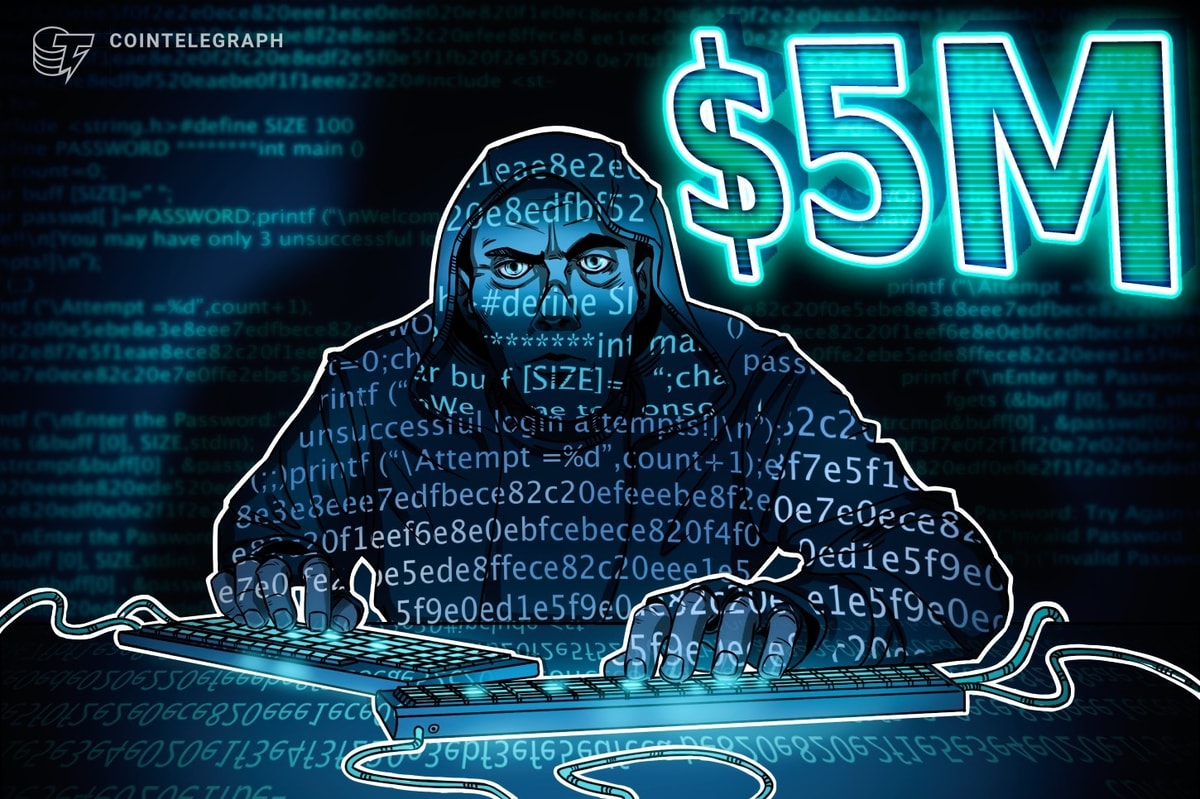The median price to send a transaction on the Ethereum blockchain has plummeted to a five-year low, with low-priority transactions dropping to around 1 gwei or lower as activity on layer-2 networks continues to climb.
Ethereum’s median gas fees fell to 1.9 gwei on Aug. 10, according to Dune Analytics data. It is the lowest level since mid-2019 and a nearly 98% drop from its 83.1 gwei year-to-date high in March.
Etherscan gas fee tracking data for Aug. 12 shows that low-priority Ethereum transactions — those sent in around 10 minutes — were priced at 1 gwei or about seven cents.

Ethereum’s Dencun upgrade in March saw nine Ethereum Improvement Proposals (EIPs) go live, one of which introduced data blobs, or proto-danksharding, which aimed to decrease the transaction costs for layer-2 blockchains.
The Ethereum ecosystem has pinned its plans to scale on layer-2 blockchains, which can handle a higher number of transactions for cheaper by abstracting them away from the layer-1 Ethereum blockchain, though it still uses the L1 to verify the transactions took place.
Commenting on the recent plunge in gas fees, Gnosis co-founder Martin Köppelmann posted to X on Aug. 10 that “Ethereum needs to get more L1 activity again.”
Köppelmann outlined his concern that gas fees of at least 23.9 gwei are needed to fund staking rewards, which are payouts given to those who help validate blockchain transactions.

“Even if it sounds counterintuitive at such low rates, raising the gas limit can be part of a strategy,” he added.
Related: Crypto user fat fingers $90K fee for a $2K ETH transfer
Ethereum’s layer-2 activity has far outstripped the activity on the base blockchain, with L2Beat data showing Base had over 109 million transactions in the last 30 days compared to Ethereum’s 33 million.
Layer 2’s Artbitrum and Taiko saw an additional 97 million combined transactions over the last 30 days.
With fewer Ether (ETH) being used in transactions and as a payout to stakers, its supply has skyrocketed, with nearly 13,400 ETH worth $34.1 million added to its supply in the past seven days, according to data from ultra sound money.
Magazine: Decade after Ethereum ICO: Blockchain forensics end double-spending debate











